Search
Remove Ads
Advertisement
Summary 
Loading AI-generated summary based on World History Encyclopedia articles ...
Search Results
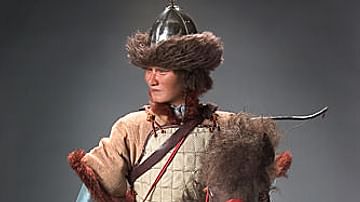
Definition
Attila the Hun
Attila the Hun (r. 434-453 CE) was the leader of the ancient nomadic people known as the Huns and ruler of the Hunnic Empire, which he established. His name means "Little Father" and, according to some historians, may not have been his birth...
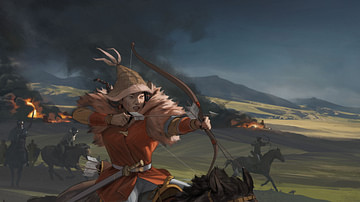
Definition
Huns
The Huns were a nomadic tribe prominent in the 4th and 5th century whose origin is unknown but, most likely, they came from "somewhere between the eastern edge of the Altai Mountains and the Caspian Sea, roughly modern Kazakhstan" (Kelly...
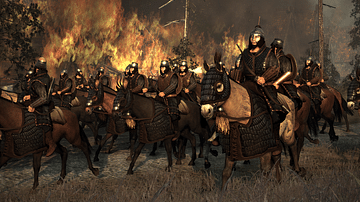
Article
The Battle of the Catalaunian Fields
The Battle of the Catalaunian Fields (also known as The Battle of Chalons, The Battle of Maurica) was one of the most decisive military engagements in history between the forces of the Roman Empire under Flavius Aetius (391-454 CE) and those...
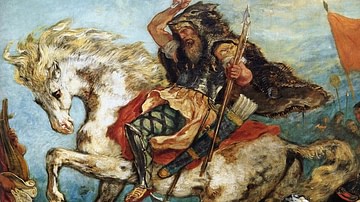
Image
Attila the Hun by Delacroix
Detail of Attila from the romanticist painting Attila and his Hordes Overrun Italy and the Arts (1838-1847) by Eugene Delacroix. Palais Bourbon, Paris (France).
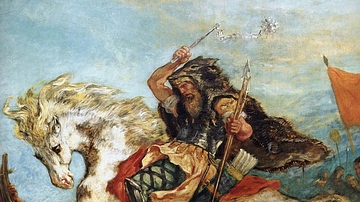
Image
Attila the Hun in Battle
Attila and his Hordes Overrun Italy and the Arts; detail from the library of the Palais Bourbon in Paris.
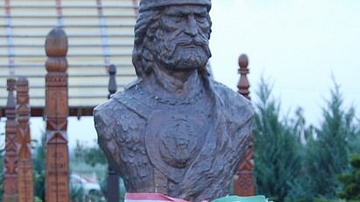
Image
Attila the Hun Bust
Bust of Attila the Hun, Attila's Hill, Kincsem Lovaspark, Hungary.

Image
Attila the Hun Model
A reconstruction potrait of Attila the Hun. (Produced by artist/historian George S. Stuart for the George S. Stuart Gallery of Historical Figures® archive).
![Attila the Hun [Artist's Impression]](https://www.worldhistory.org/img/c/p/360x202/3047.jpg?v=1628469902)
Image
Attila the Hun [Artist's Impression]
Modern artist's impression of what Attila the Hun may have looked like.
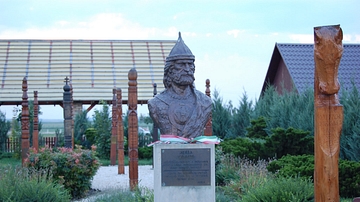
Image
Bust of Attila the Hun
Bust of Attila the Hun, Attila's Hill, Kincsem Lovaspark, Hungary.
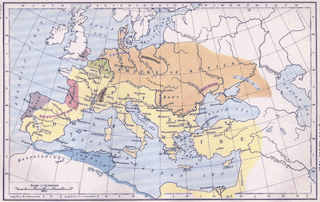
Image
Empire of Attila the Hun
Map showing the empire of Attila the Hun c. 450 CE.